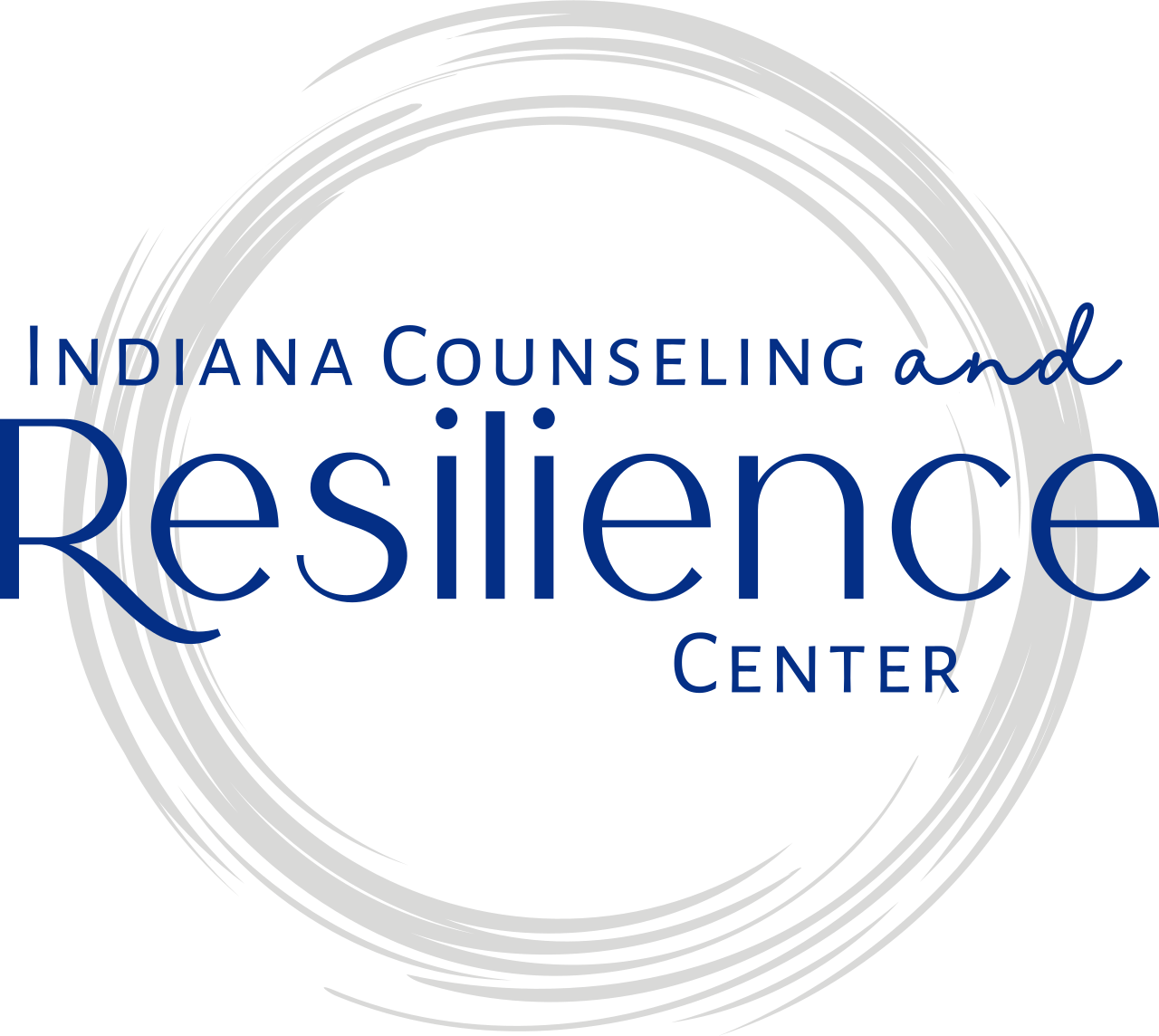Tips from Therapists in Indianapolis, IN for Being in Relationships After Trauma
Communication and trust can at times be a struggle for even the best of couples. Having a history of trauma can make it even harder. Check out the following tips for you and your partner to help cope with some common concerns.
Tips for Helping Yourself After Trauma
Use clear communication to solve problems
Strong communication is essential for relationships after trauma. If you’ve experienced traumatic events, you may struggle with sharing your thoughts and feelings with others. Our communication styles have a large impact on how we solve problems in our relationships. Sometimes we can resort to pointing out our partner’s flaws and blaming them. We may also feel like our partner doesn’t understand us and we either have to defend ourselves, or even shut down and avoid the issue. You can read more about these common concerns at the Gottman Institute. The Gottman Method can help couples improve their relationship, regardless of trauma history.
Learn to rebuild trust in relationships
Building, or rebuilding, trust is an important step in creating a healthy relationship. Setting clear expectations and communicating effectively can help build a foundation of trust in the relationship. It is important to be patient with yourself! Trust is often a hard topic, and it is likely going to take some time for this to improve. Trauma therapy and couples counseling can be very helpful supports for improving trust.
Practicing self-care and taking time for personal healing
Self-care is an important part of any healing journey, especially after trauma. Taking the time to care for yourself can help you feel more centered and grounded in your relationships. This can include practices like mindfulness, meditation, and engaging in fun activities. There are many apps that are great tools for practicing mindfulness. Headspace, Insight Timer, and Declutter the Mind are good options.
Tips for Helping Your Partner After Trauma
If you are in a relationship with a trauma survivor, it is important to understand how to support them in their healing journey. It can be difficult to know what to do when your partner is struggling. The following strategies can help you support your partner in a compassionate and meaningful way.
Understand the importance of validation and active listening
Validation is an important part of any healing journey. Trauma survivors may need validation that their experiences are real and that their feelings are valid. Active listening is an important part of validation. When we actively listen, we show our partner that we are present and engaged, which can help create a sense of safety and security in the relationship. Making sure to have good eye contact, an open body posture, and avoiding judgment are all helpful. The most important part of active listening is to listen without attempting to fix a problem. Your partner likely wants to feel heard. Respond with what you’re hearing, such as “Ugh that sounds stressful…” or “You sound disappointed…”. This shows your partner that you are listening and caring for them.
Support your partner without taking on their trauma
Hearing your partner share something traumatic can be overwhelming at times. It is essential to be supportive of your partner without taking on their trauma. Remember that you are walking alongside them but not walking for them. It is important to take care of yourself while supporting your partner through their healing journey. Be sure you are doing things that you enjoy and that fill your cup!
The role of couples therapy in supporting a partner through trauma
Couples therapy can be a valuable tool for partners navigating trauma in their relationship. Our therapists can provide a safe and supportive space for both partners to find connection and meaning, work through challenges, and create a foundation of trust and understanding.
Therapists in Indianapolis, IN Can Help You Build a Strong Foundation for Your Future Together.
At our practice in Indianapolis, we provide a safe and non-judgmental environment for couples seeking trauma therapy. By guiding them through the process, we assist them in finding effective coping strategies to manage their trauma and build a strong foundation for their future together.
Evaluate Your Needs as a Couple and Individual
Learn more about our practice and experienced therapists who specialize in couples therapy.
Begin Your Journey to Healing Together!
Other Services Provided:
Our clients have access to multiple services to ensure they receive the necessary care. We offer many services, including anxiety therapy, supporting couples counseling, and trauma therapy, with both online and in-person options available to best fit your needs.




